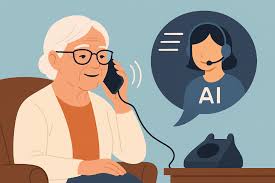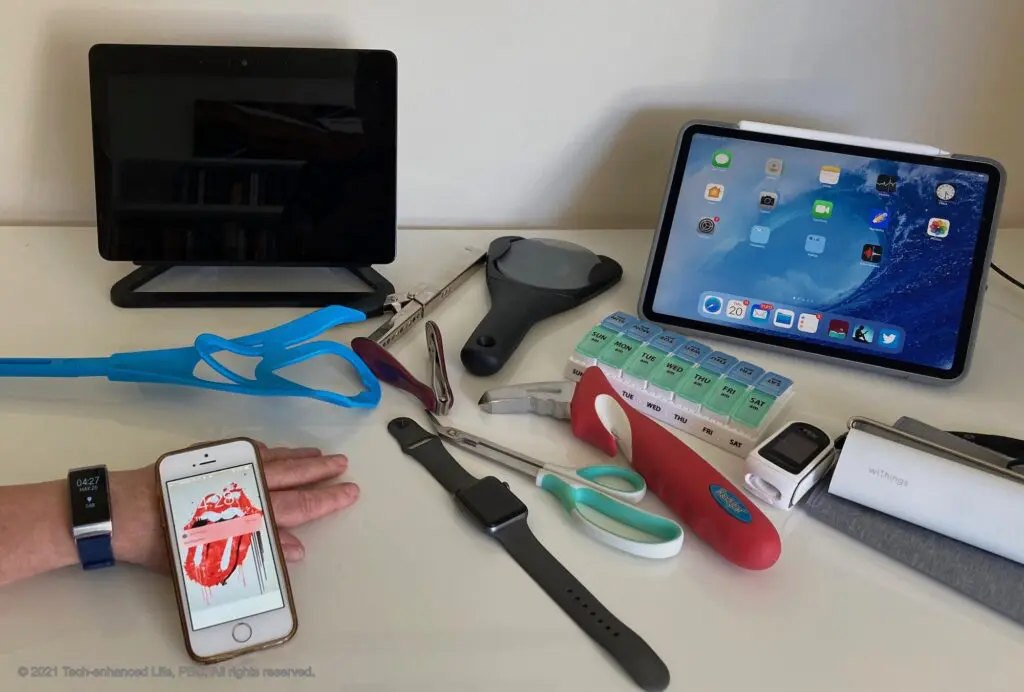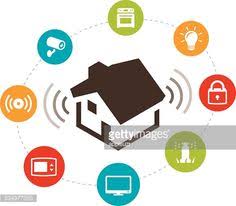Older adults can save tens of thousands of dollars annually by choosing assisted living communities over aging in place in their homes.
Unlike point solutions, Inspiren unifies resident safety, care planning, staffing, and emergency response into a single AI-powered platform.
An artificial intelligence-powered virtual assistant platform for senior living and care providers.
Betting that AI could lighten the clinician load.

 As interviews begin, ideas for the future of AI and older adults are emerging. For the updated report,
As interviews begin, ideas for the future of AI and older adults are emerging. For the updated report,  It’s a pretty good tech universe if you know what you’re doing... Maybe you’re someone who reads all the
It’s a pretty good tech universe if you know what you’re doing... Maybe you’re someone who reads all the  The University of Michigan polled older adult responders – and the results are in. In a recent survey of more than 1000 adults aged 50+, the University of Michigan poll, fielded inside Michigan and nationwide, demonstrates that Artificial Intelligence technology is useful to older adults – and that they are not intimidated by it. As with other studies, those with less education had somewhat less trust in AI-enabled information, and those with health disabilities also were somewhat less trusting of the information they found. (Source: July, 2025
The University of Michigan polled older adult responders – and the results are in. In a recent survey of more than 1000 adults aged 50+, the University of Michigan poll, fielded inside Michigan and nationwide, demonstrates that Artificial Intelligence technology is useful to older adults – and that they are not intimidated by it. As with other studies, those with less education had somewhat less trust in AI-enabled information, and those with health disabilities also were somewhat less trusting of the information they found. (Source: July, 2025  Kudos to the Forbes Technology Council! Their post,
Kudos to the Forbes Technology Council! Their post,  Future staffing demand will force industry to rethink care strategies. According to BLS, the industry will need
Future staffing demand will force industry to rethink care strategies. According to BLS, the industry will need